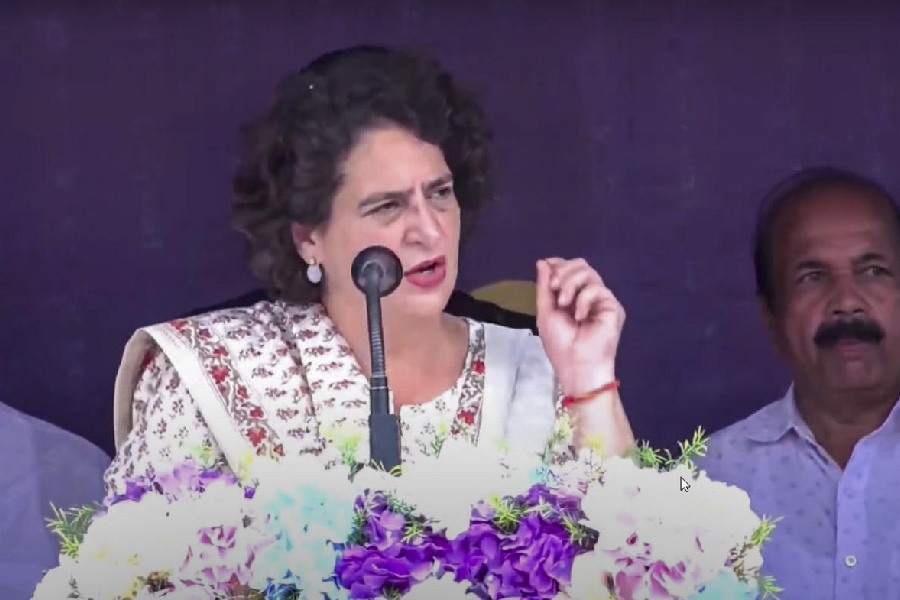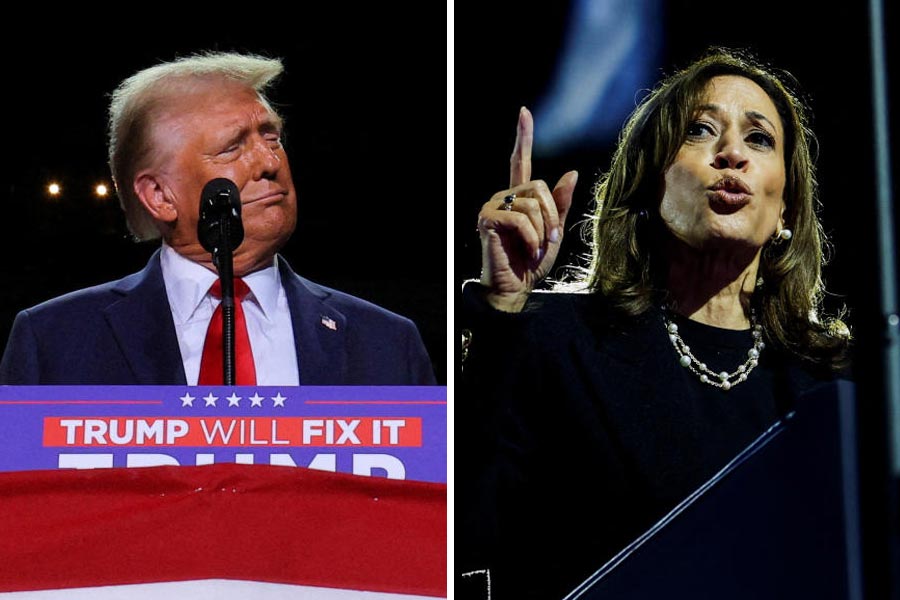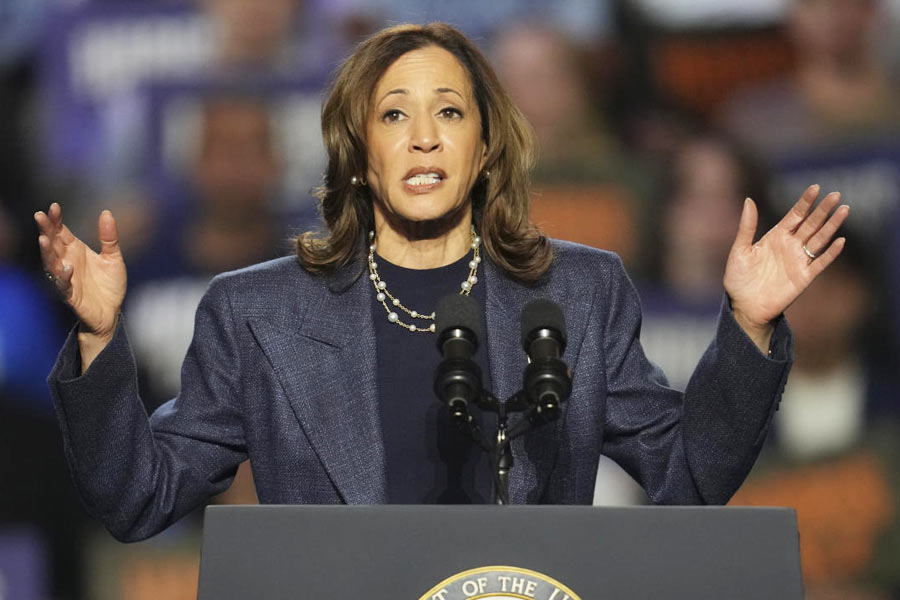Finance minister Arun Jaitley on Saturday said there are some more steps on the anvil to narrow the current account deficit (CAD) and bolster forex inflows.
The government has taken some steps and some more measures are likely to narrow the CAD, Jaitley said at a business event here. Last month, the government had announced “five steps” to contain the CAD, which had widened to 2.4 per cent of the GDP in the first quarter of 2018-19.
One of the steps was to allow manufacturing entities the facility of external commercial borrowing (ECB) with a minimum maturity of one year, instead of the earlier limit of three years.
Further, restrictions were removed with respect to foreign portfolio investors’ exposure limit of 20 per cent in corporate bond portfolio to a single corporate group or company or entity and 50 per cent of any issue of corporate bond.
In April, the RBI had imposed these restrictions on FPIs. With regards to rupee denominated bonds, popularly known as Masala bonds, the government had decided to do away with the withholding tax on bonds issued till March 2019. The current withholding tax is 5 per cent.
The government had also removed restrictions on Indian banks to market and under write masala bonds.
The import duty on high-end consumer items, including washing machines, air conditioners, footwear, diamonds and jet fuel had also been raised.
Jaitley on Saturday said the government had cut the borrowing target for the current fiscal by Rs 70,000 crore and had allowed oil companies to raise $10 billion in one year.
“As far as the CAD is concerned, it is obviously linked to global oil prices in the Indian context. The way oil prices have been going up, there has been some adverse impact on the CAD. We are trying to take measures to narrow it down. Some more steps are likely.”
He said the depreciation in the rupee and the high current account deficit were transient factors that had indeed affected India, but these had fallen short of impacting foreign direct investment (FDI).
“India can increase duties and put in other measures to reduce imports of non-essential items. However as it is difficult to restrict the largest contributor to the import bill i.e., oil, hence these restrictions could have a less than anticipated impact,” Care Rating said in a research note.
“Further trade restrictions are generally a temporary measure for reducing the current account deficit and could invite retaliatory measures from other countries,” the agency said.
The current account deficit in the June 2018 quarter rose to a four-year high of 2.4 per cent of GDP, or $14.3 billion, which has put further pressure on an already weakening rupee, which has depreciated by about 14 per cent this year against the dollar and breached the 74-mark against the US currency on Friday.
“The achievement of a consistent growth rate of 7.5 per cent plus or minus in today’s global situation is the highest. There are huge avenues of growth for India over the next 10-20 years, which is what investors are looking at. For example, the kind of investments taking place in rural India is adding more to the size of India’s middle class,” the minister said.
Jaitley added that a growing middle class in India would help not just the country, but the global economy as well.
The minister said he was confident of meeting the fiscal deficit target of 3.3 per cent for the current year as direct tax collections had been strong.
Direct tax collections in the first six months of the current financial year grew 16.7 per cent to Rs 5.47 lakh crore.
ACTION TAKEN
- ECB norms for manufacturing entities relaxed
- Restrictions removed on FPI’s corporate exposure
- Withholding tax on some masala bonds slashed
- Import duty on high-end consumer items raised
- Borrowing target cut
- Oil firms can raise $10bn in one year











